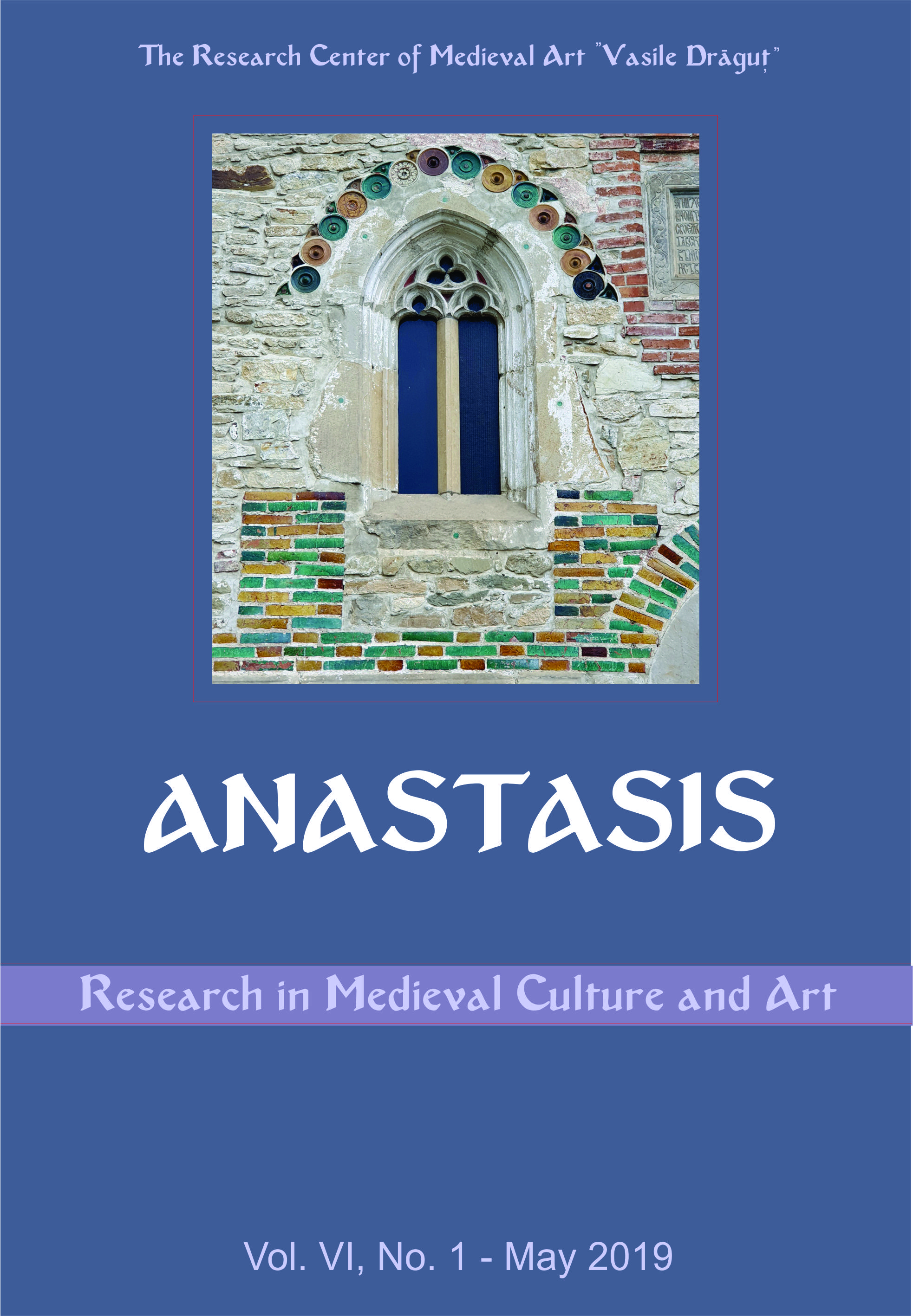Jean Scot Érigène : y a-t-il quelque chose au-delà de l’apophatisme ?
John Scotus Eriugena: Is there something beyond apophatism ?
Author(s): Florin CrîşmăreanuSubject(s): Christian Theology and Religion, Middle Ages, Theology and Religion, Eastern Orthodoxy
Published by: Editura ARTES
Keywords: Eriugena; apophatism; Maximus the Confessor; deificatio; Christ;
Summary/Abstract: The idea of apophatism reaches Eriugena, without any doubt, through the Dionysian writings. But, in the process of knowing God, does the Irish thinker stop only at this classical distinction between cataphatic and apophatic theology? Could the negative moment, privileged by Eriugena also, exhaust the whole process of knowledge? In my opinion, and this I will try to argue in the lines below, Eriugena goes beyond this distinction when encountering the Maximian writings. In the opinion of some exegetes (like L. Thunberg for example), Maximus the Confessor is even more radical regarding the problem of apophatism than Dionysius. On the other hand, „Maxime a également communique à Jean Scot son réalisme christologique” (É. Jeauneau). Where we want to argue that if Eriugena's writings are compared to the neoplatonic tradition, reversio is nothing but deificatio, and this return is made in and through Christ, the New Adam, who, unlike the first Adam, by whose fault the whole nature has been driven out of paradise, brings together, and makes nature whole again: „In primo universa natura de felicitate paradisi est expulsa, in secundo in eandem felicitatem est revocata et restituta” (Periphyseon, IV, 20). Christ alone assumes and redeems the whole human nature: „totam humanam naturam quam totam accepit, totam in seipso et in toto humano genere totam salvavit” (ibidem, V, 25). After all, the divine nature of the Word of God remains inaccessible to all creation, and only through Incarnation does God descend to men „incarnatum vero quadammodo descendens, mirabili quadam theophania” (ibidem, V, 25) so that they may ascend to God („Descendit enim verbum in hominem ut, per ipsum, ascenderet homo in deum” – Commentaire sur l’Evangile de Jean (SC 180, p. 100).
Journal: Anastasis Research in Medieval Culture and Art
- Issue Year: VI/2019
- Issue No: 1
- Page Range: 111-127
- Page Count: 17
- Language: French

